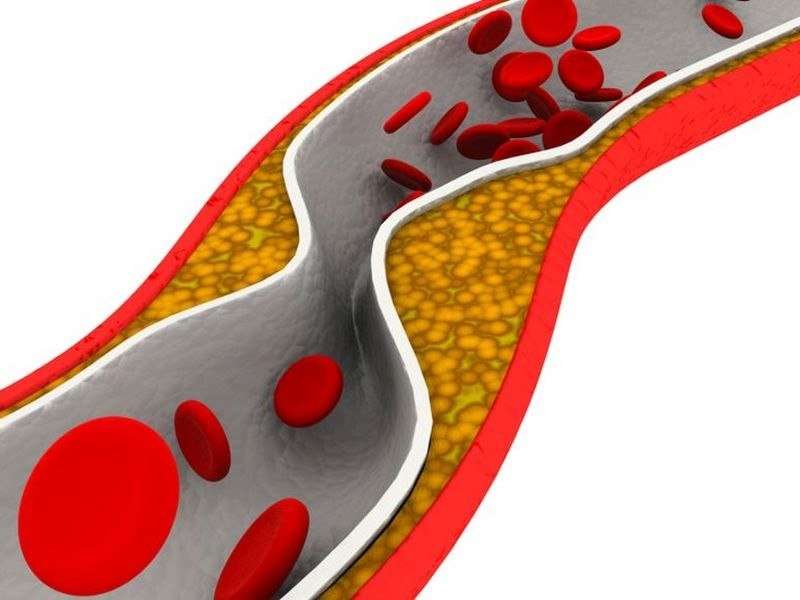Malpractice damage caps associated with change in CAD testing, Tx

(HealthDay)—Following adoption of damage caps, physicians alter their approach to coronary artery disease testing and follow-up after initial ischemic evaluations, according to a study published online June 6 in JAMA Cardiology.
Steven A. Farmer, M.D., Ph.D., from George Washington University in Washington, D.C., and colleagues examined whether reducing malpractice risk is associated with clinical decisions involving coronary artery disease testing and treatment. Physician-specific changes in coronary artery disease testing and treatment were compared in nine new-cap states that adopted damage caps between 2003 and 2005 and 20 states without caps. Data were included for 36,647 physicians in new-cap states and 39,154 physicians in no-cap states.
The researchers observed a reduction in invasive testing as a first diagnostic test among new-cap physicians after cap adoption compared with control physicians (relative change, −24 percent), with an offsetting non-significant increase in non-invasive stress testing (7.8 percent); in addition, fewer patients were referred for angiography after stress testing (−21 percent). Reduced revascularization rates were seen after ischemic evaluation among new-cap physicians (−23 percent), driven by fewer percutaneous coronary interventions. Similar changes in overall ischemic evaluation rates were seen for new-cap and control physicians.
"These findings suggest that physicians tolerate greater clinical uncertainty in coronary artery disease testing and treatment if they face lower malpractice risk," the authors write.
More information: Abstract/Full Text
Copyright © 2018 HealthDay. All rights reserved.




















